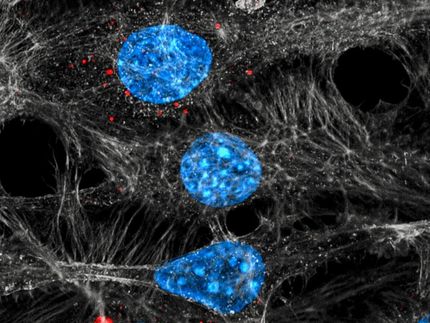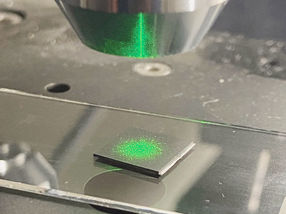New Phase II study showed trastuzumab-DM1 shrank tumours in women with highly advanced HER2-positive breast cancer
T-DM1, an Investigational Antibody-Drug Conjugate, Showed Encouraging Results in Women Who Have Received Multiple Prior Medicines
Roche announced positive results from a Phase II study of trastuzumab-DM1 (T-DM1). As assessed by independent review, T-DM1 shrank the tumors (also known as objective response) in 33 percent of women with advanced (metastatic) HER2-positive breast cancer that had worsened following previous treatment. Women in the study had already received an average of seven drugs for metastatic disease, including chemotherapy, trastuzumab and lapatinib, prior to receiving T-DM1. No new or unexpected safety signals were observed. Results were presented at the 32nd Annual San Antonio Breast Cancer Symposium.
“Despite major advances in HER2-positive breast cancer, the disease may still progress even after several treatments, to the point where there are no approved anti-HER2 medicines,” said Hal Barron, M.D., executive vice president, Global Development, and chief medical officer, Genentech. “Results from this study are promising for women who need new treatment options, and we will discuss next steps of the T-DM1 development program with the FDA.”
In this single-arm study, 45 percent of women experienced a clinical benefit (defined as a complete or partial tumour response, or stable disease, maintained for at least six months), as assessed by independent review. Adverse events were similar to those observed in previous clinical trials of T-DM1. The most common severe adverse events included thrombocytopenia (a low level of platelets in the blood, 5.5 percent) and back pain (3.6 percent), and the most common adverse events were fatigue (59.1 percent) and nausea (37.3 percent).
T-DM1 is an antibody-drug conjugate (ADC) in development for HER2-positive advanced breast cancer. ADCs are a unique combination of a precise and targeted monoclonal antibody, a stable linker, and a potent cytotoxic. T-DM1 combines two approaches in one medicine: the anti-cancer activity of the trastuzumab antibody, which blocks signals that make the cancer more aggressive and signals the body’s immune system to destroy the cancerous cells, and the targeted delivery of the potent cytotoxic DM1. This year, Genentech and Roche initiated a Phase III study (EMILIA) evaluating T-DM1 in women with advanced HER2-positive breast cancer whose disease has progressed after receiving initial treatment.
Most read news
Topics
Organizations
Other news from the department research and development

Get the life science industry in your inbox
By submitting this form you agree that LUMITOS AG will send you the newsletter(s) selected above by email. Your data will not be passed on to third parties. Your data will be stored and processed in accordance with our data protection regulations. LUMITOS may contact you by email for the purpose of advertising or market and opinion surveys. You can revoke your consent at any time without giving reasons to LUMITOS AG, Ernst-Augustin-Str. 2, 12489 Berlin, Germany or by e-mail at revoke@lumitos.com with effect for the future. In addition, each email contains a link to unsubscribe from the corresponding newsletter.























































